Insomnia: The Silent Epidemic Affecting Millions-at $180 USD only
Insomnia: Causes, Symptoms & Treatment Options | TheCircleCare
Can’t sleep? You’re not alone. Explore insomnia, the silent epidemic, its causes, symptoms, and find resources for a better night’s sleep with TheCircleCare. Contact us today!
Insomnia, a sleep disorder characterized by difficulty falling asleep, staying asleep, or both, is a pervasive issue affecting millions worldwide. This chronic lack of sleep can have a profound impact on physical and mental health, impairing daily functioning and overall quality of life.
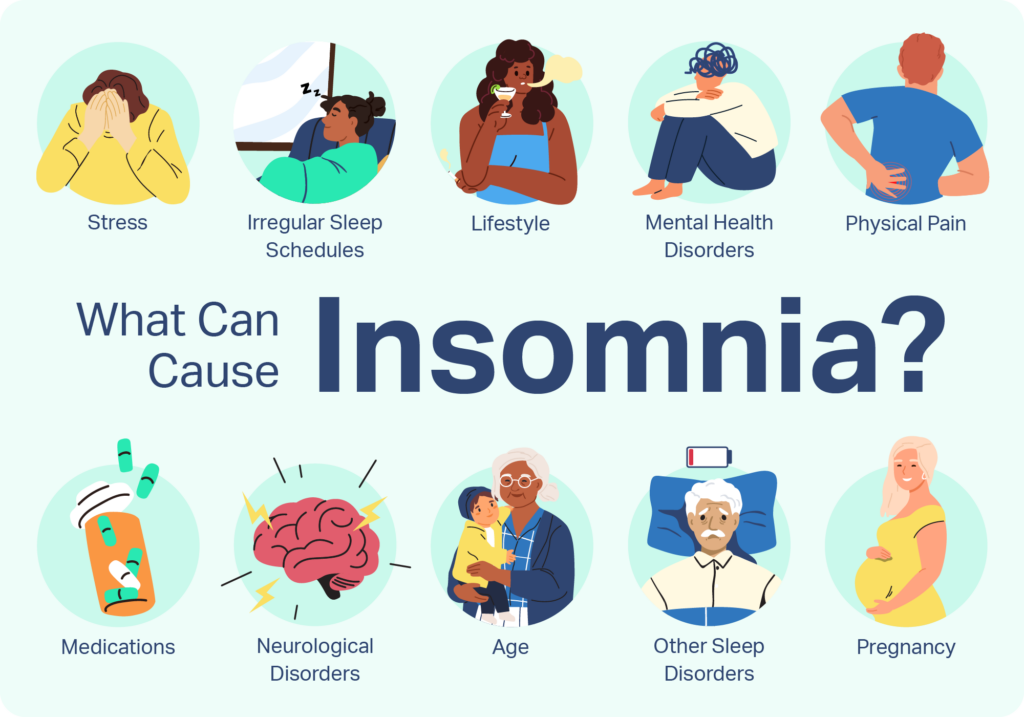
At TheCircleCare, we understand the challenges posed by insomnia. Our comprehensive approach addresses the root causes of sleep disturbances, offering personalized treatment plans and support to help you reclaim restful nights.
Understanding the Impact of Insomnia
Chronic sleep deprivation can lead to a cascade of health problems, including:
- Physical health issues: Increased risk of heart disease, stroke, diabetes, obesity, and weakened immune function.
- Mental health challenges: Heightened anxiety, depression, and irritability.
- Cognitive impairment: Difficulty concentrating, memory problems, and reduced problem-solving abilities.
- Increased accident risk: Impaired judgment and slowed reaction times can lead to accidents.
Common Causes of Insomnia
some of the most common culprits include:
- Stress and anxiety: Excessive worry and overthinking can disrupt sleep patterns.
- Depression: The emotional toll of depression often interferes with sleep quality.
- Medical conditions: Sleep apnea, chronic pain, thyroid disorders, and certain medications can contribute to insomnia.
- Lifestyle factors: Irregular sleep schedules, excessive caffeine or alcohol consumption, and poor sleep hygiene can disrupt sleep.
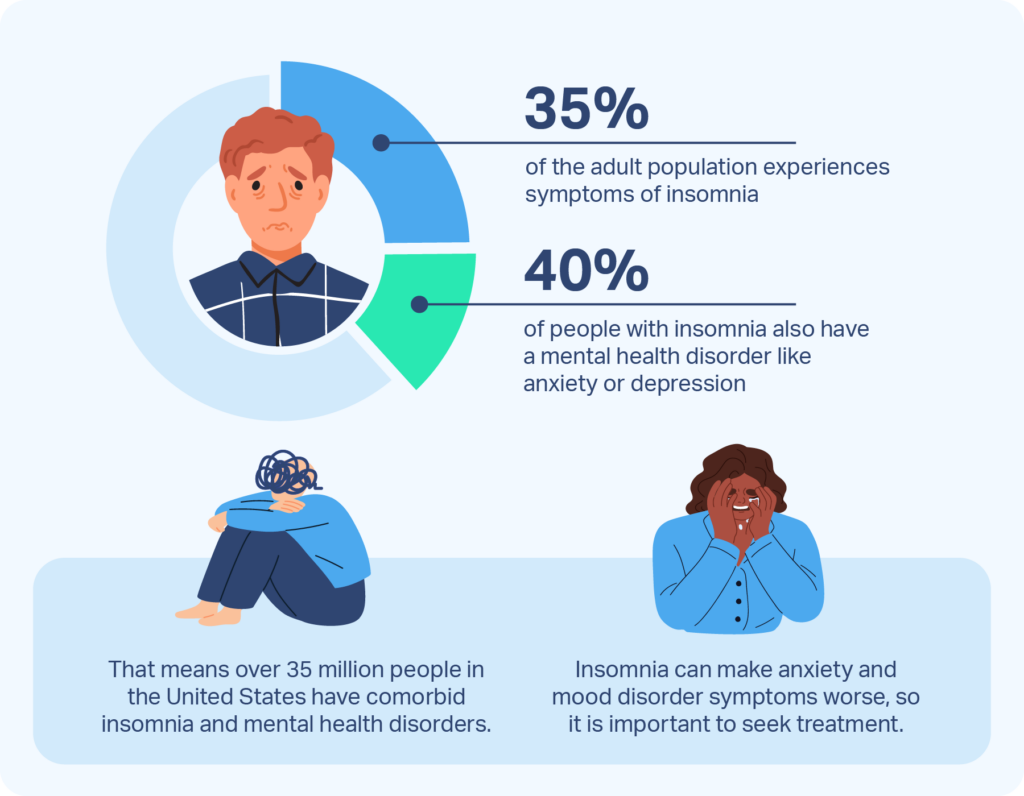
Symptoms of Insomnia
Recognizing the signs of insomnia is crucial for seeking appropriate treatment. Common symptoms include:
- Difficulty falling asleep (sleep onset insomnia)
- Waking up frequently during the night and struggling to fall back asleep
- Early morning awakening (early morning insomnia)
- Non-restorative sleep, despite sufficient sleep time
- Excessive daytime sleepiness
- Difficulty concentrating
- Irritability and mood swings
Tailored Treatment for it:
At TheCircleCare, we offer a comprehensive approach to insomnia treatment, focusing on identifying and addressing the underlying causes. Our treatment plans may include:
- Cognitive-behavioral therapy (CBT): This effective therapy helps individuals identify and modify negative thoughts and behaviors that contribute to insomnia.
- Sleep hygiene education: Our experts provide guidance on establishing healthy sleep habits, creating a sleep-conducive environment, and optimizing sleep routines.
- Medications: In some cases, short-term use of sleep medications may be recommended to address severe insomnia symptoms.
- Lifestyle modifications: We address factors such as diet, exercise, and stress management to improve overall sleep quality.
- Chronic disease management: If underlying medical conditions are contributing to insomnia, we work with you to manage those conditions effectively.
Reclaim Your Rest with TheCircleCare
TheCircleCare is here to help. Our dedicated team of sleep specialists offers personalized care and evidence-based treatments to restore your sleep and improve your overall well-being.
Contact us today to schedule a consultation and embark on your journey to better sleep.
- Phone: +20-1128821002
- Email: info@thecirclecare.com
Experience the transformative power of restful sleep with TheCircleCare.
Frequently Asked Questions (FAQs) About Insomnia
Q: What is insomnia? A: Insomnia is a sleep disorder characterized by difficulty falling asleep, staying asleep, or both. It can lead to daytime fatigue, difficulty concentrating, and mood disturbances.
Q: What are the common causes of insomnia? A: Insomnia can be caused by various factors, including stress, anxiety, depression, medical conditions, medication side effects, sleep apnea, and poor sleep habits.
Q: What are the symptoms of insomnia? A: Symptoms of insomnia include difficulty falling asleep, frequent awakenings during the night, waking up earlier than desired, daytime sleepiness, difficulty concentrating, irritability, and mood swings.
Q: How is insomnia diagnosed? A: A healthcare provider typically diagnoses insomnia based on a thorough medical history, sleep diary, and physical examination. In some cases, additional sleep studies may be recommended.
Q: What are the treatment options for insomnia? A: Treatment options for insomnia may include lifestyle changes, cognitive-behavioral therapy, medication, and addressing underlying medical conditions. The best treatment plan will depend on the specific cause and severity of your insomnia.
[/vc_column_text][/vc_column][/vc_row]
-
CHECKME LABS-مختبرات تشيك-مي, ROYAL CHECKUP-فحوصات لجميع الفئات العمرية, WINTER IN EGYPT-الشتاء في مصر
CARDIAC PATIENT CHECKUP
Original price was: $50.$40Current price is: $40.<span id="zoho_button_ext" style="position: absolute;z-index: 99999999;width: 80px;height: 31px;background-size: 80px 31px;cursor: pointer;top: 0px;left: 0px"></span> -
-
CHECKME LABS-مختبرات تشيك-مي, ROYAL CHECKUP-فحوصات لجميع الفئات العمرية, WINTER IN EGYPT-الشتاء في مصر
DIABETIC PATIENT CHECKUP PACKAGE
Original price was: $50.$40Current price is: $40.<span id="zoho_button_ext" style="position: absolute;z-index: 99999999;width: 80px;height: 31px;background-size: 80px 31px;cursor: pointer;top: 0px;left: 0px"></span>

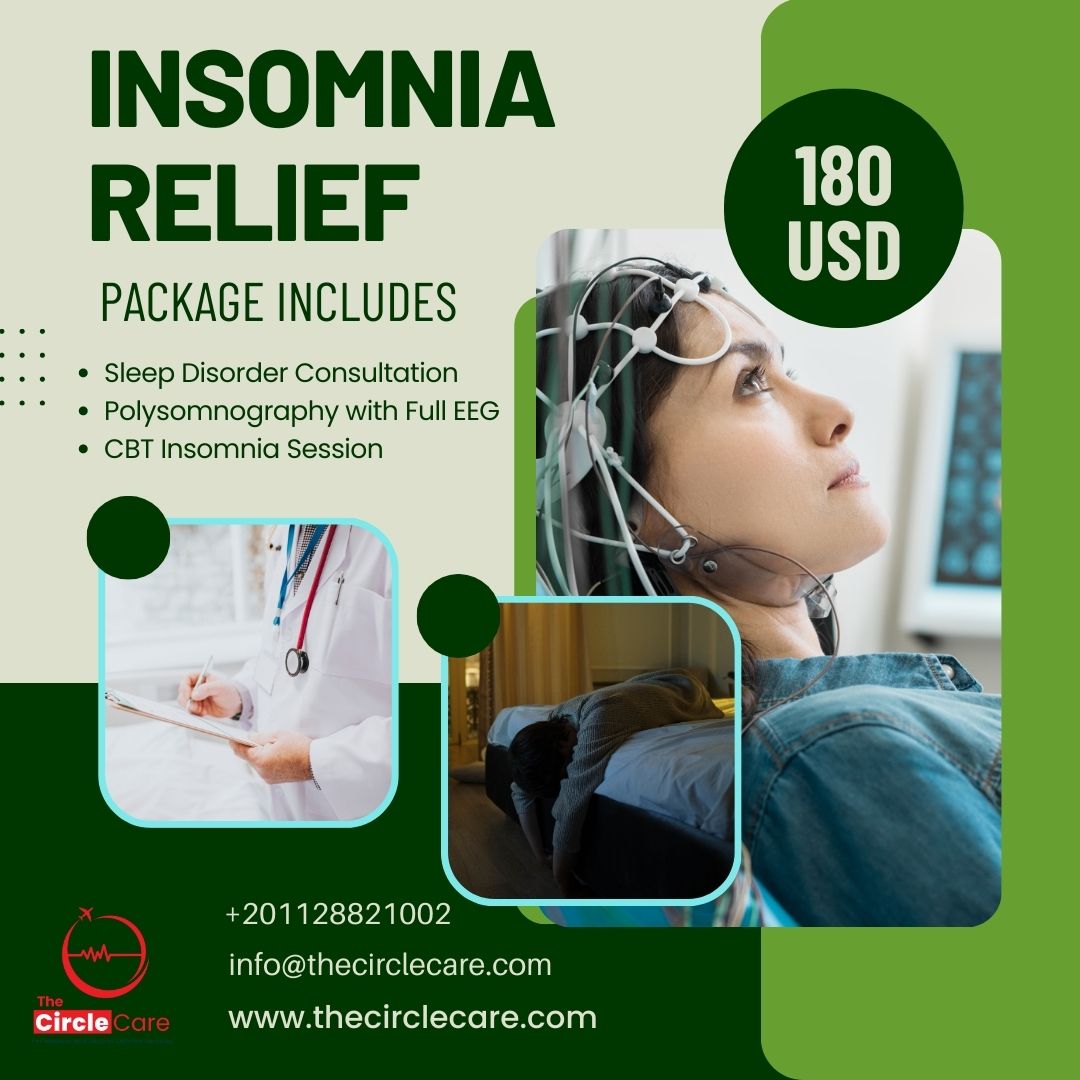


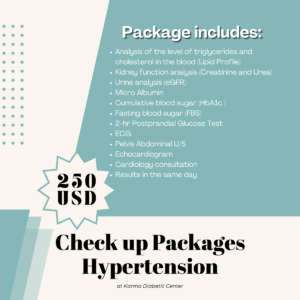
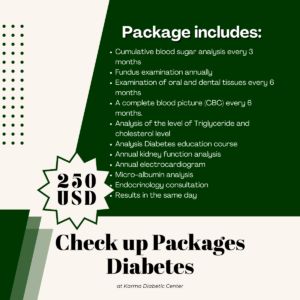


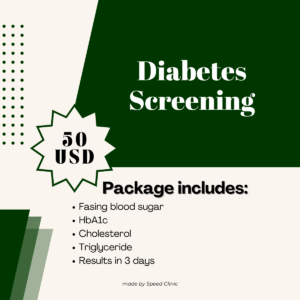

Leave a Reply